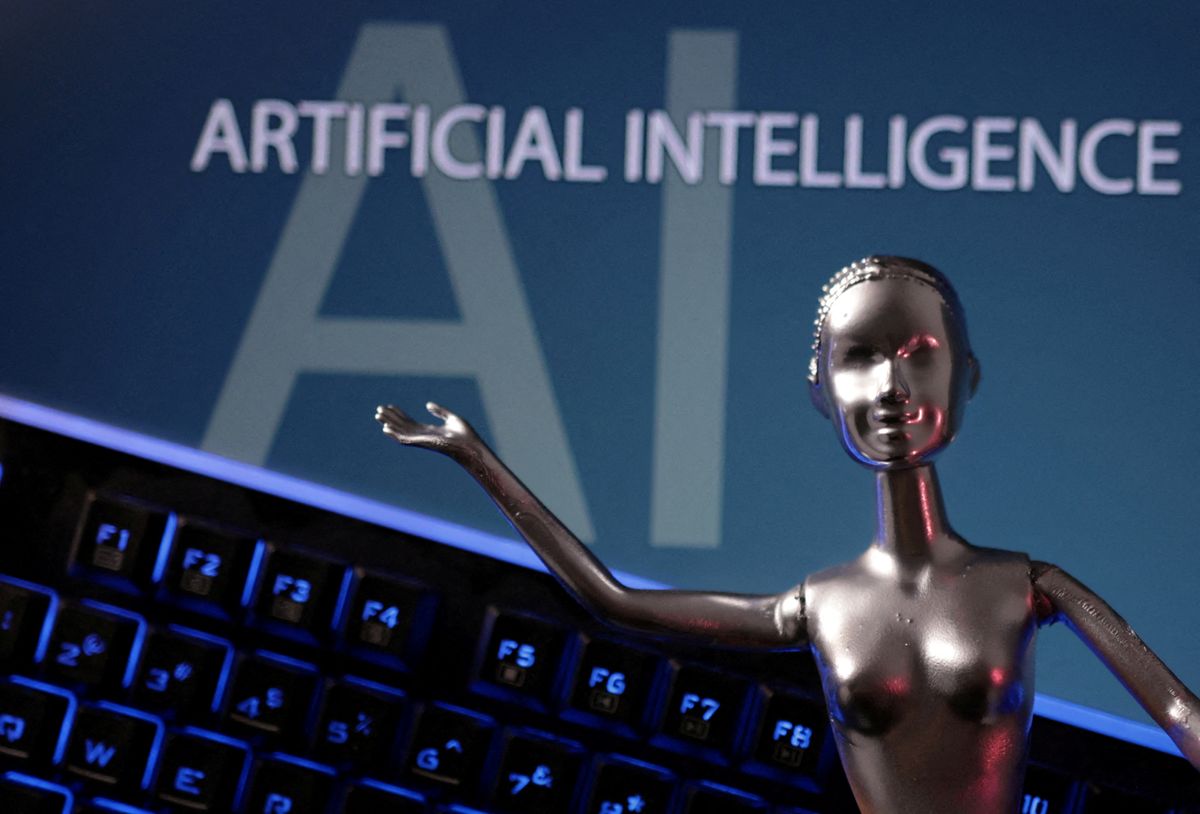Are AI-created customized diet plans the future?
We all know that what you eat is an important part of your health.

A few minutes every morning is all you need.
Stay up to date on the world's Headlines and Human Stories. It's fun, it's factual, it's fluff-free.
The backstory: We all know that what you eat is an important part of your health. This is especially as diet-related diseases continue to skyrocket, staying one of the leading causes of premature death in our modern world. According to the World Health Organization (WHO), for example, obesity around the world has almost tripled since 1975. The International Diabetes Foundation also estimates that 541 million adults globally have a higher risk of developing type 2 diabetes. So, yes, the food on our plates is a big deal. But then, this begs the question – how do we go about choosing the best diet and foods for us, specifically?
There is a heap of diet and food recommendations floating around promising to make you healthier, feel better and even trim a few centimeters off your waistline. But, the issue with listening to random influencers and reading from the second search result on Google is that it’s not specific to you. And, while that might sound obvious, there are studies that show different people respond to food differently on a biological level, even if they’re eating the exact same meal. So, the “one-size-fits-all” approach in nutrition might not be the best way to go about things.
The development: Last week, The National Institutes of Health launched a study in the US called Nutrition for Precision Health (NPH) to try and get 10,000 people to take part in research that will help us better understand how the differences in our genetics, environment, gut microbes, lifestyle and other factors shapes which foods are best for us. The NPH study is part of a larger research effort called All of Us which aims to eventually get at least a million people involved in building a huge database to help us learn more about our health.
The NPH study will have three parts – one of those involves actually getting some of the people to live in dorms and stick to specific diets for two weeks at a time while researchers track metrics like blood, urine and stool samples. From there, the institute will use AI to develop algorithms to predict people’s responses to particular foods. The hope is that one day, healthcare providers around the world will be able to give us more tailored nutritional advice.
Key comments:
“We observed large inter-individual variability (as measured by the population coefficient of variation (s.d./mean, %)) in postprandial responses of blood triglyceride (103%), glucose (68%) and insulin (59%) following identical meals. Person-specific factors, such as gut microbiome, had a greater influence (7.1% of variance) than did meal macronutrients (3.6%) for postprandial lipemia, but not for postprandial glycemia (6.0% and 15.4%, respectively); genetic variants had a modest impact on predictions (9.5% for glucose, 0.8% for triglyceride, 0.2% for C-peptide),” wrote the published study on the variation in bodily responses to identical meals.
“Poor diet is one of the leading causes of preventable disease and death around the world. If everyone followed the healthy eating guidelines that we have available now, we still may not achieve optimal health because our bodies respond differently to food. Through this study, we are looking to better understand differences in individual responses and pave the way for more tailored guidelines in the future,” said Holly Nicastro, Ph.D., MPH, the coordinator of NPH.
“Nutrition is perhaps one of the most powerful medicines we have available, but is among the least understood,” said Geoffrey Ginsburg, M.D., Ph.D., All of Us’ chief medical and scientific officer.




Comments ()